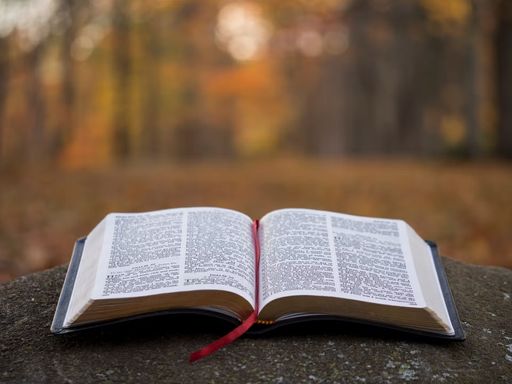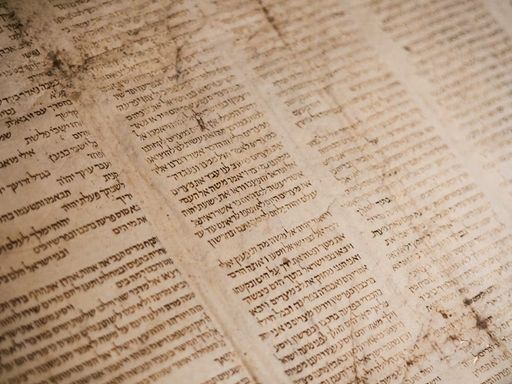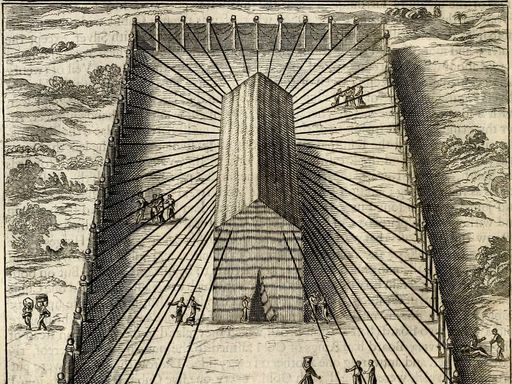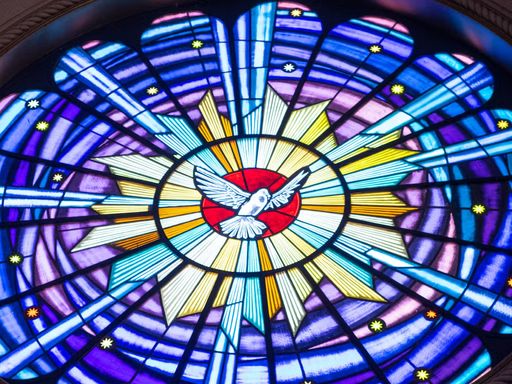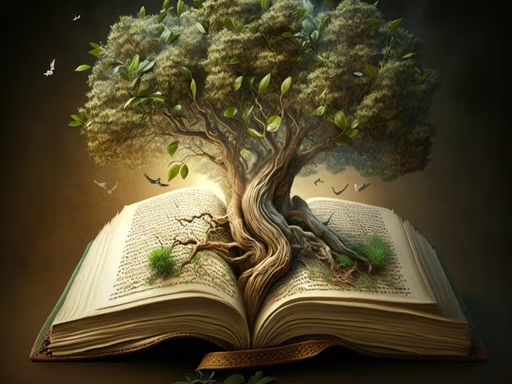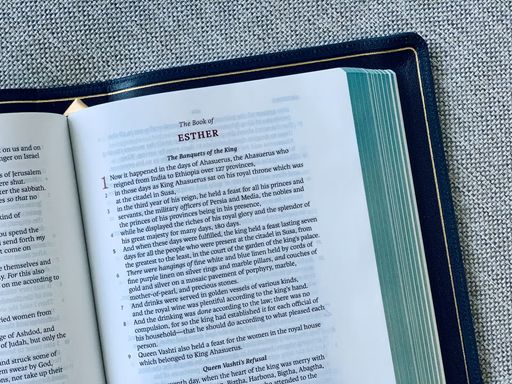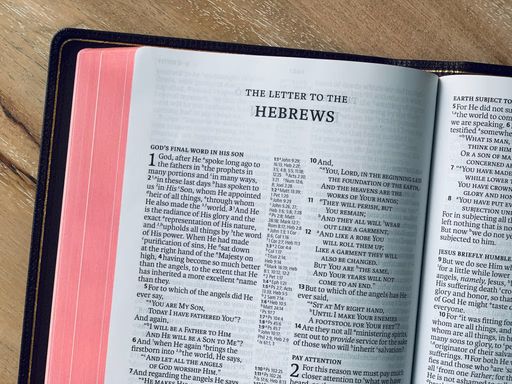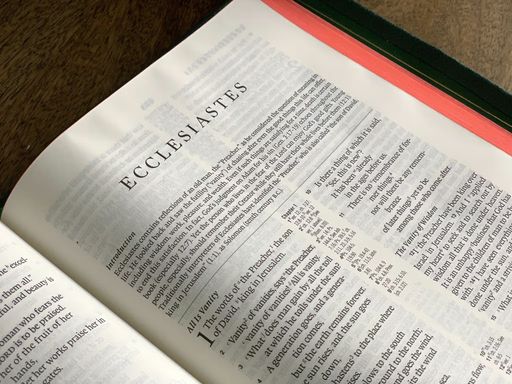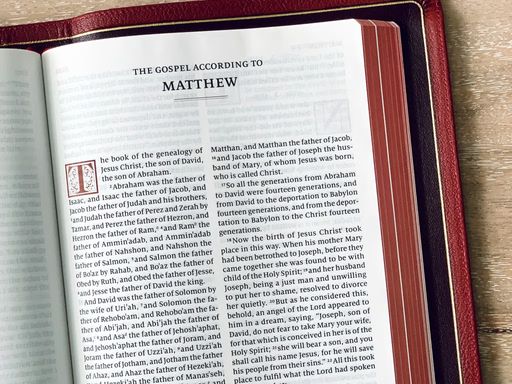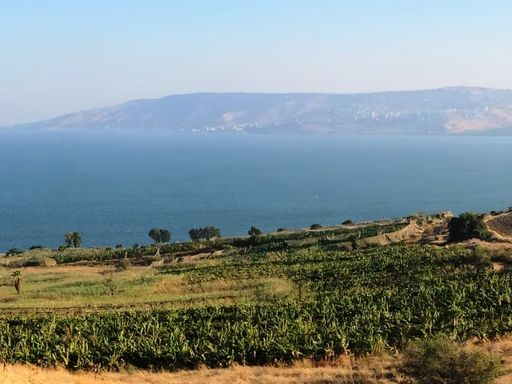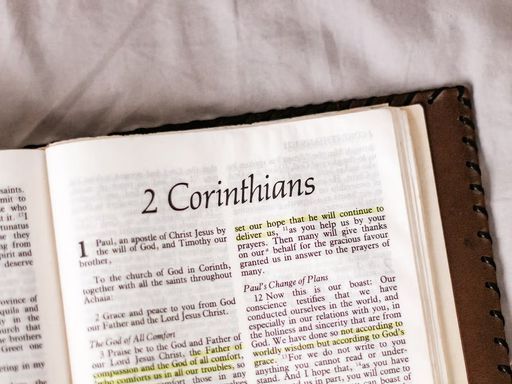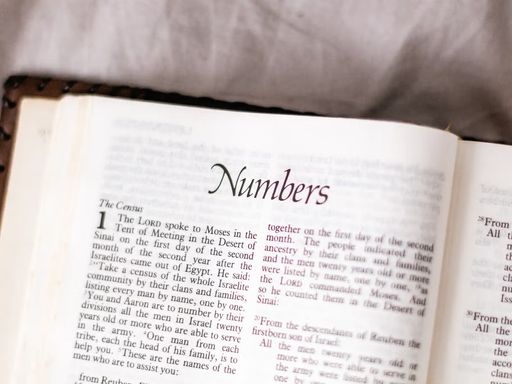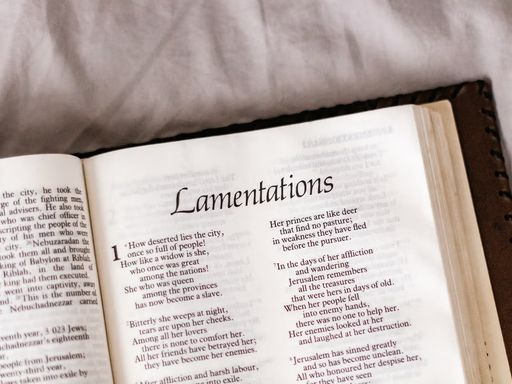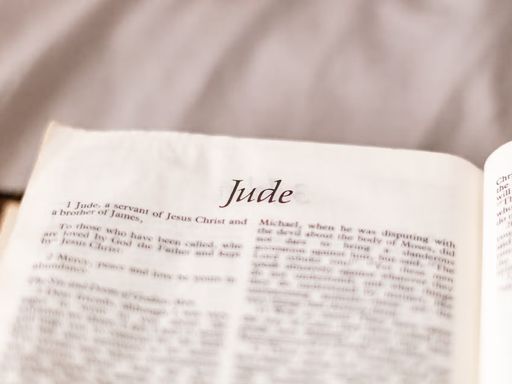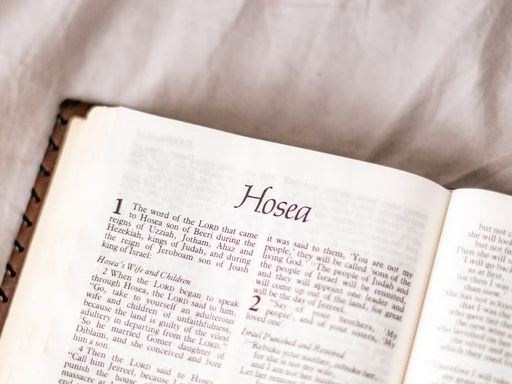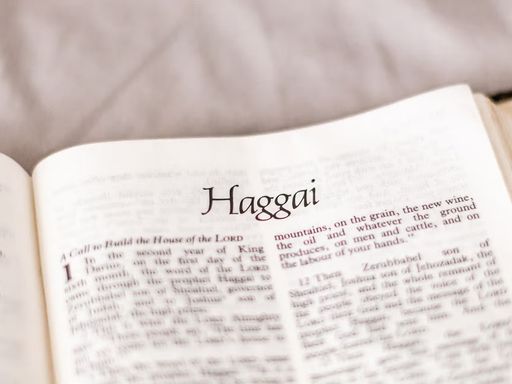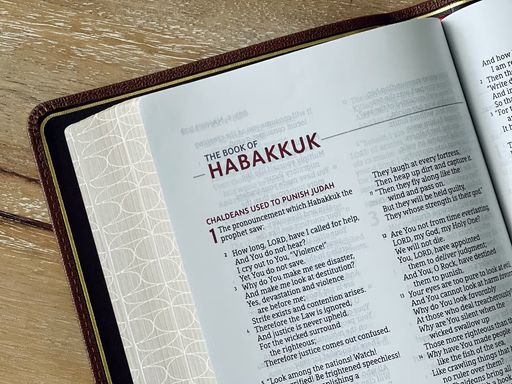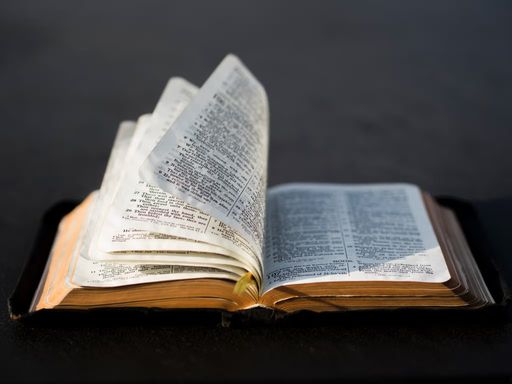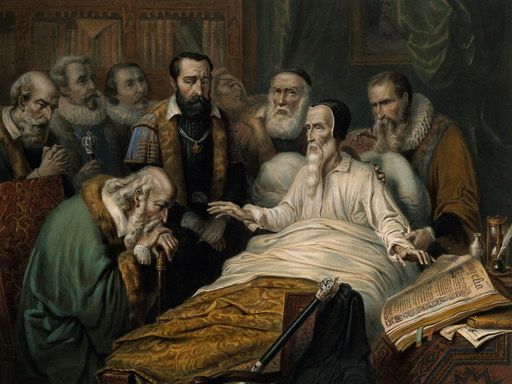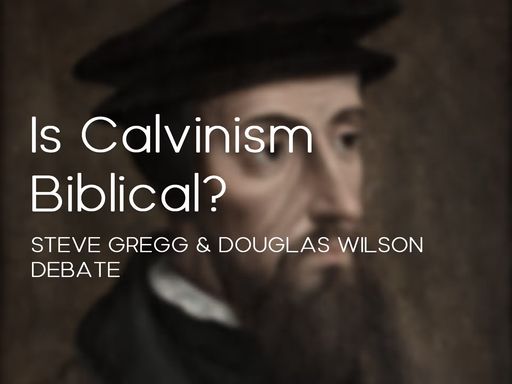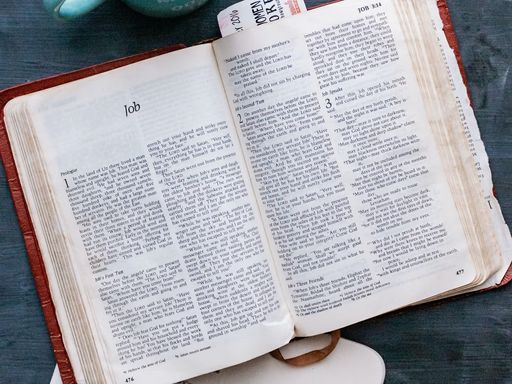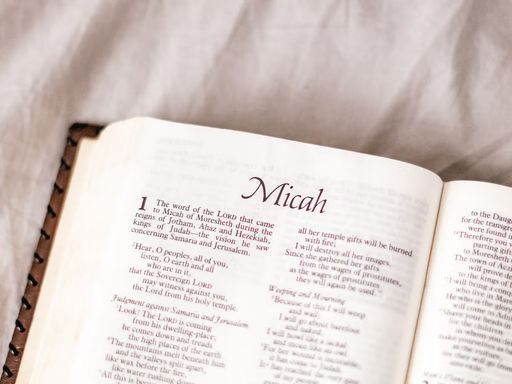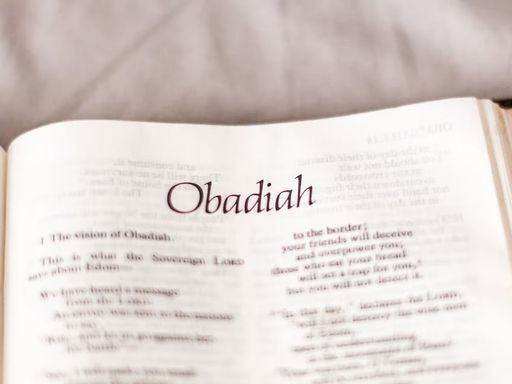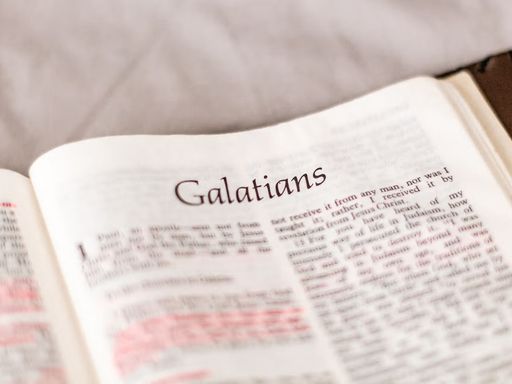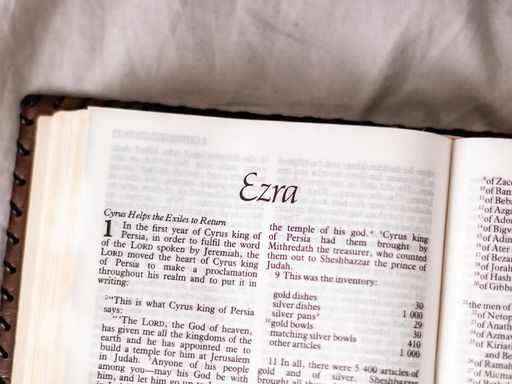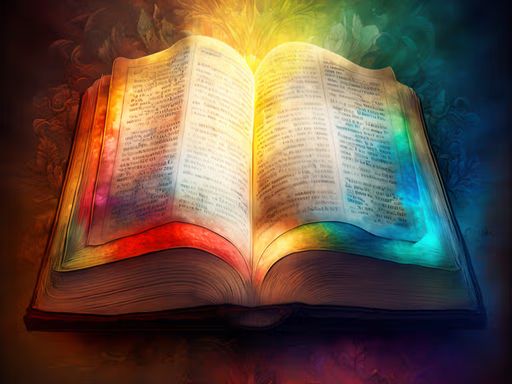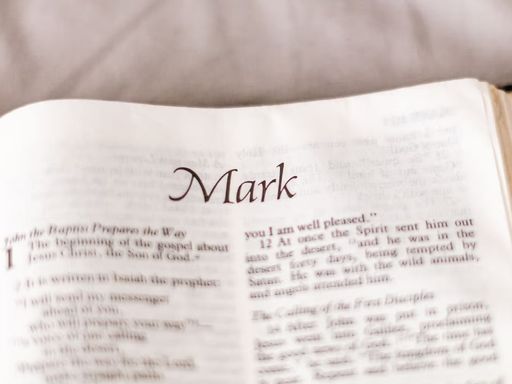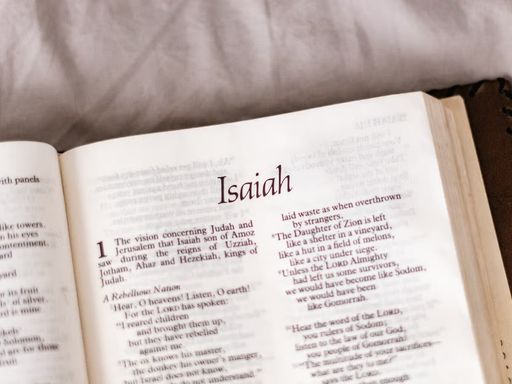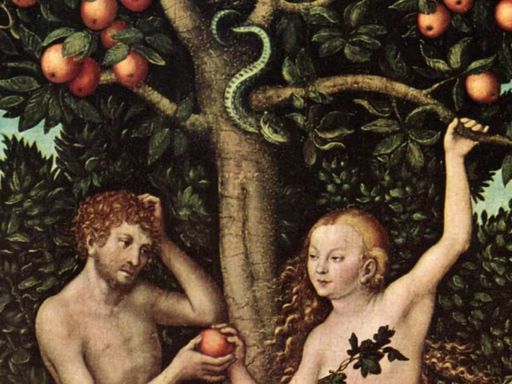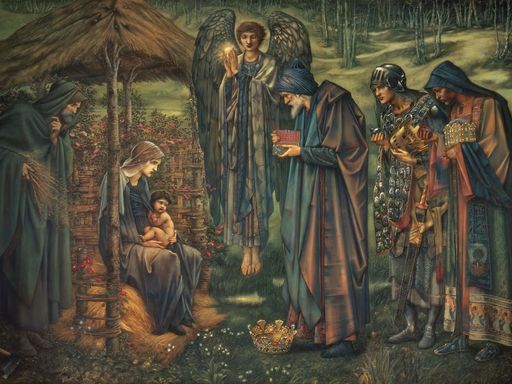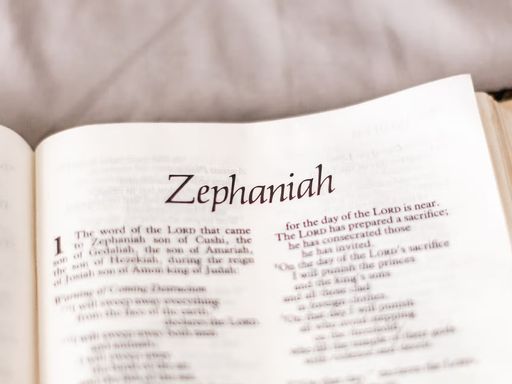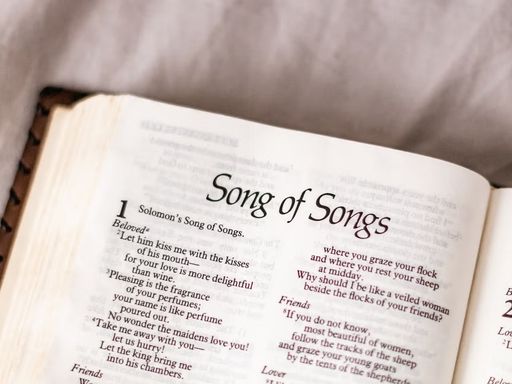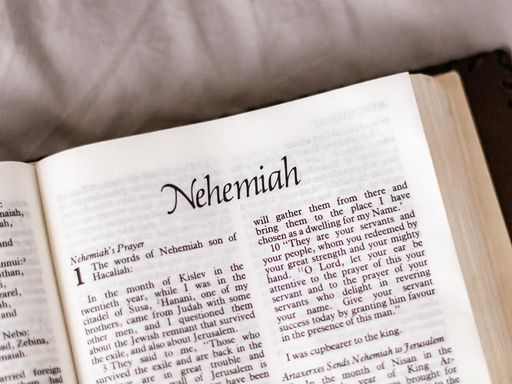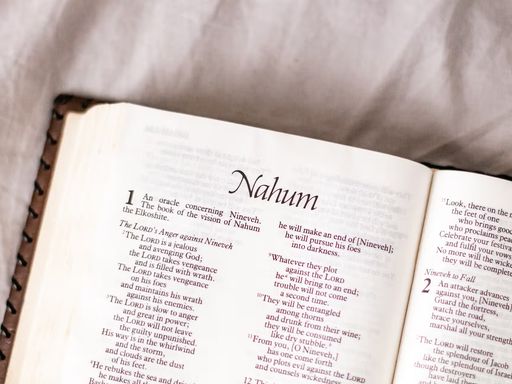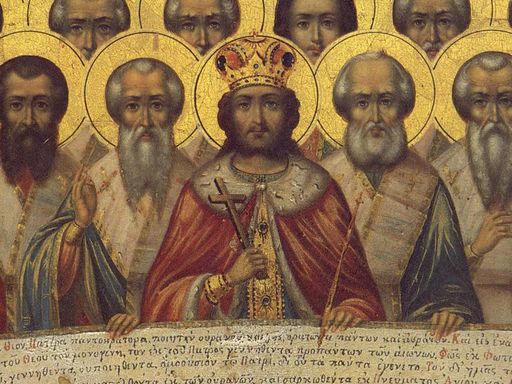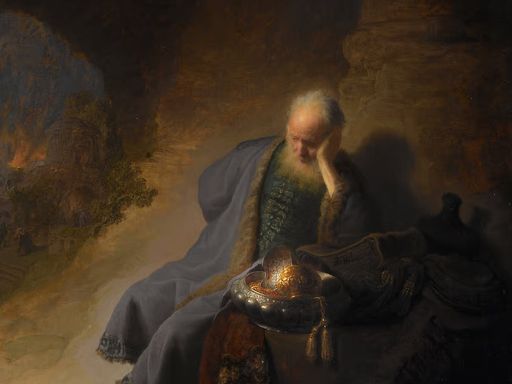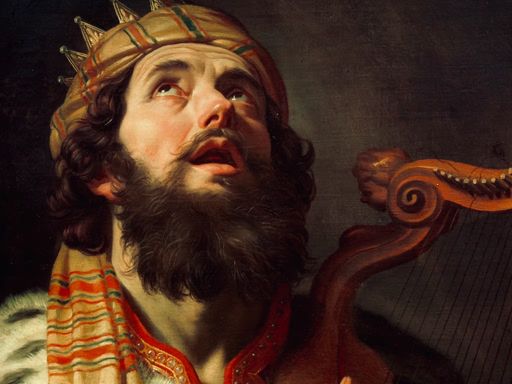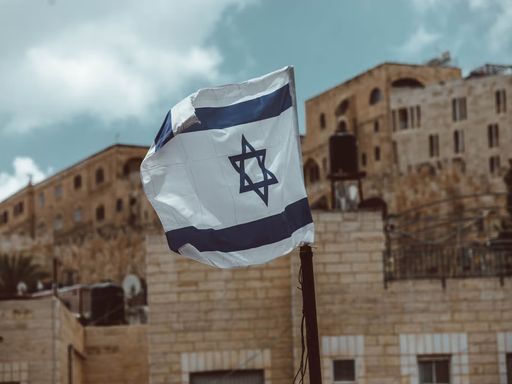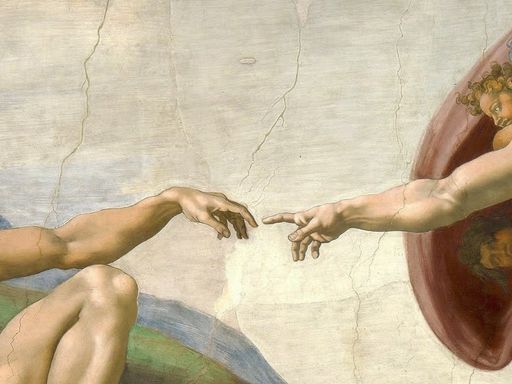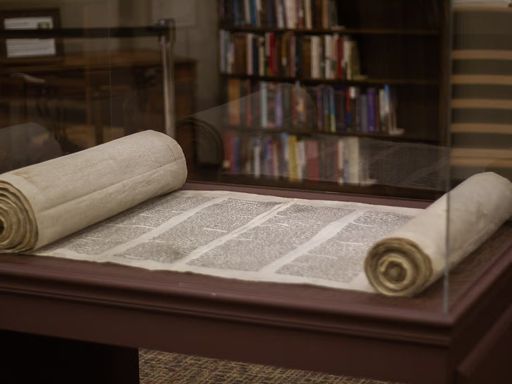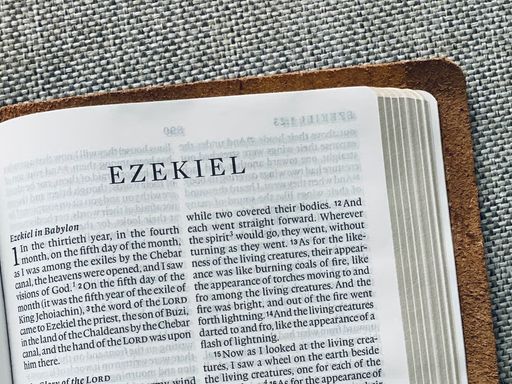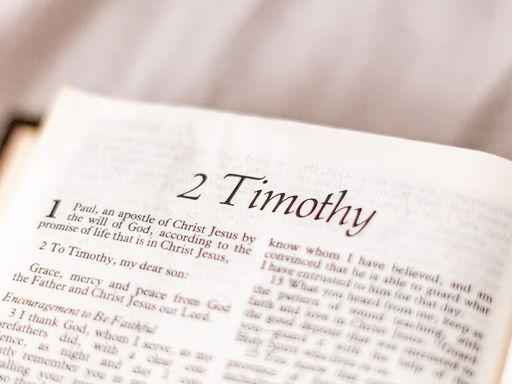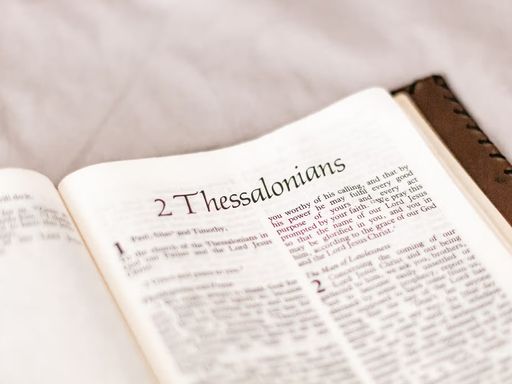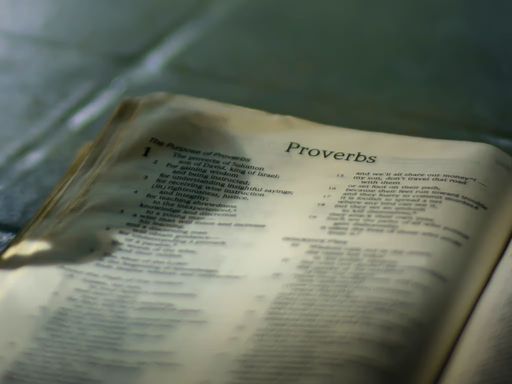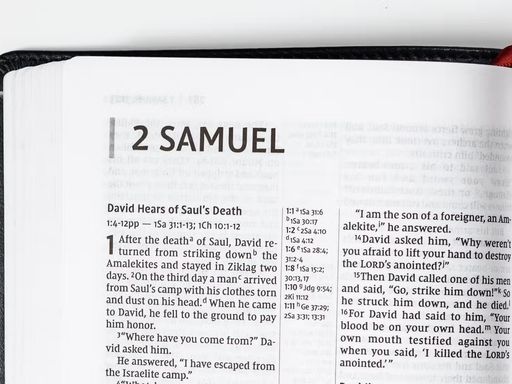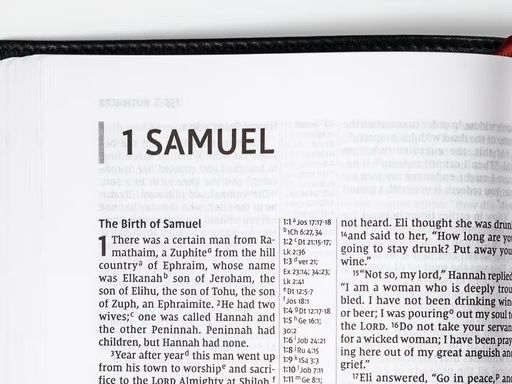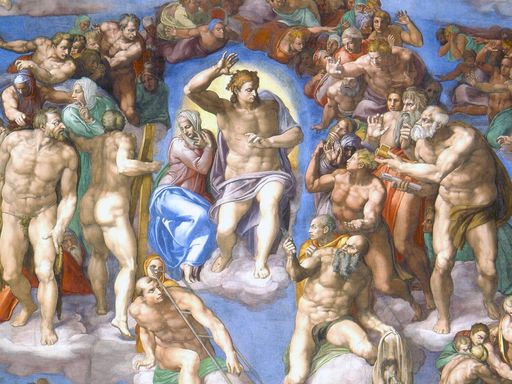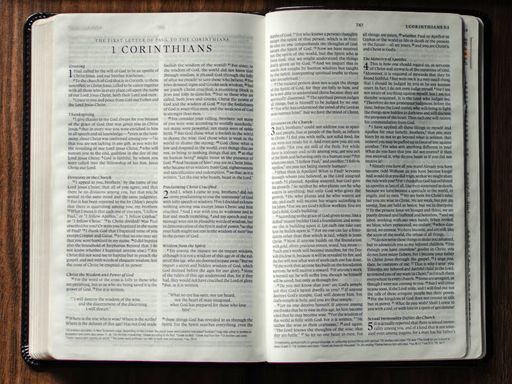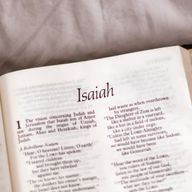
Isaiah
Steve Gregg
A thorough analysis of the book of Isaiah by Steve Gregg, covering various themes like prophecy, eschatology, and the servant songs, providing insights into the supernatural predictions and old covenant passing in the Old Testament.
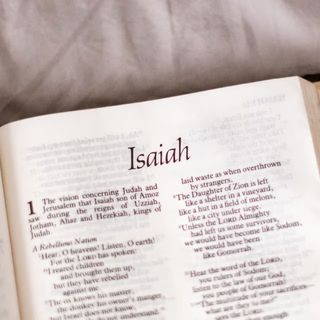
Isaiah - Introduction to the Prophets (Part 1)
The Old Testament prophets are a fascinating and important part of the Bible, and in this discussion, Steve Gregg provides an introductory overview of the prophetic literature. The prophetic books are a subset of the Old Testament, with the notable exception of Jonah which simply tells a story. The

Isaiah - Introduction to the Prophets (Part 2)
Isaiah's writings contain prophecies about God's plan for deliverance and salvation, including the coming of a messiah who will fix everything. This messianic age, as described in Isaiah 2, will bring peace to the nations, and it is an important aspect of understanding the Old Testament in light of

Isaiah - Introduction (Part 1)
Isaiah, the book of prophetic revelations, contains powerful poetry that inspired and thrilled readers despite being foreign to Western readers. In this introduction by Steve Gregg, he discusses Isaiah's background, prophetic vision, and the timeframe of his prophecies. Gregg also explains how the b

Isaiah - Introduction (Part 2): Authorship
Isaiah, one of the greatest literary productions of the Old Testament, contains a range of prophecies attributed to God's revelation to man. Despite being authored by a single author, there are certain debates surrounding the authorship of some chapters of the book. While some scholars argue that Is

Isaiah - Symbolic Depiction of Nations
Isaiah raises repeated themes and motifs found in later prophets, particularly in the way nations are described non-literally. The speaker discusses how nations are often joined at the hip of existence as a political entity, not necessarily believing in monotheism and worshipping gods other than the

Isaiah - Spiritual Zion
Steve Gregg explains how the mention of Zion in Isaiah is more spiritual than physical. He states that the demographic shift in the Old Testament moved from a covenant with Jewish people to including Gentiles as well. Gregg believes that when the passage talks about Zion, it is referring to the futu

Isaiah - Warfare and Judgment
Steve Gregg offers a unique perspective on the Book of Isaiah, exploring its themes of warfare and judgment through a spiritual lens. He discusses the role of national entities and personification in Isaiah, emphasizing the importance of understanding the nation that God establishes through the Mess

Isaiah - Isaiah Redemption
The book of Isaiah is a rare example of Old Testament literature that remains wholly relevant to Christians today, says biblical scholar Steve Gregg. Its themes of redemption and salvation through Christ are intertwined with the story of Exodus and the Babylonian exile, offering valuable insight int

Isaiah - The Second Exodus
Explore the theme of deliverance from bondage in the book of Isaiah with Steve Gregg, as he discusses various aspects of the Exodus motif and how it applies to the New Testament. Gregg examines the highway metaphor found throughout Isaiah and its connection to the Messianic age, as well as the idea

Isaiah - Return from Exile
Isaiah prophesied about the return of Israel from their exile and their re-establishment as God's chosen people. The message of the gospel, that there is a king named Jesus, is rooted in Isaiah's teachings. The covenant with Israel is not broken, but it has been superseded by the new covenant with J

Isaiah - Barrenness and Fruitfulness
Isaiah's motif of barrenness and fruitfulness speaks of Israel's struggle with righteousness and faith. In comparing men to trees and vines, the prophet emphasizes the importance of producing fruit of value, rather than simply existing. The speaker, Steve Gregg, highlights Isaiah's warnings about fa

Isaiah - Blossoming Desert and Birth of a Nation
This discussion delves into how Israel transformed from a fruit-bearing nation to a barren wasteland due to God's judgement. The speaker highlights the significance of Israel's role in producing fruit for justice and righteousness in the world, and how it failed to do so, resulting in destruction an

Isaiah - The Servant of Yahweh
Isaiah, one of the most discussed books in the Old Testament, contains four passages commonly referred to as the "servant songs." These songs, including the well-known Isaiah 53, refer to the servant of Yahweh, a figure scholars have not come to a complete agreement on. While the passages seem to be

Isaiah - The Kingdoms King
Isaiah proclaims the Kingdom of God as a people of Israel conditionally. Steve Gregg discusses how God's kingdom exists among those who follow Jesus and how Jesus established his reign to fill the whole earth. Gregg examines the book of Psalms, identifying how Christians connect present-day events t

Isaiah - The Kings Kingdom
Christ's Kingdom reigns as the ideal of God's rulership, with Jesus enthroned at the right hand of God and reigning over people who acknowledge him. The spread of God's Kingdom is happening faster than ever before, and it is accessible to anyone who embraces Jesus as their king and is willing to obe

Isaiah 1 - 2
Isaiah offers hope in the midst of judgment. Steve Gregg's rapid survey of Isaiah 1-2 emphasizes the prophet's vision of the coming Messiah and Messianic age. Isaiah denounces Israel and Judah for their lack of justice and calls them to repent and seek righteousness. The prophet warns them to turn a

Isaiah 3 - 6
Isaiah 3-6 is a denunciation against the sins of Judah, particularly their repeated sin of arrogance. The chapter predicts the oppression of the people and the judgment of the elders and princes. It also includes a reference to the Holy One of Israel, a repetition common in Hebrew poetry. The speake

Isaiah 7 - 8
Isaiah 7-8 is a well-known passage, but it's also one of the most misunderstood passages in the Bible. In this recording, Steve Gregg breaks down the chapter and provides valuable insight into its meaning. He discusses the importance of trusting God rather than earthly sources of security, the proph

Isaiah 9 - 10
Isaiah 9 speaks of the messianic age, characterized by righteousness and justice. Steve Gregg explains that the chapter references the joy and gladness that come with this age and the defeat of the enemies causing suffering. The "child born" and "son given" mentioned in Isaiah 9:6 is pointing to the

Isaiah 11 - 14
Isaiah 11-14 reveals the characteristics of the Spirit of God, including true wisdom and knowledge. The judgment of the Lord is not always negative, as it can bring righteous decisions for the poor and vulnerable. The prophecies in this section also foretell the fall of Babylon and the eventual rebu

Isaiah 15 - 23
Isaiah delivers a series of prophecies against pagan nations, including Moab, which is laid waste and destroyed. While Isaiah seems somewhat sympathetic towards Moab and the horrible things that the Assyrians do to them, he conveys a message of judgement against oppressors and those who engage in id

Isaiah 24 - 27
Isaiah 24-27 contains prophecies about the end of the world and the coming of a new messianic age. The chapter is often referred to as Isaiah's apocalypse, with scholars noting its pre-millennialist themes. The speaker discusses how Isaiah sees the passing of the old age and the incoming of a newer

Isaiah 28 - 29
Isaiah 28-29 is a prophetic message about the fall of the old city and establishment of the Messianic order. Through this chapter, Steve Gregg provides a detailed analysis of the text's historical background and its Messianic interpretation. The chapter also discusses the importance of trusting in G

Isaiah 30-33
Isaiah 30-33, as taught by Steve Gregg, covers Zion judgment, salvation in Old Jerusalem, and God's plans. The passage discusses the offer of remuneration to Egypt for help, the use of the term Rahab to refer to Egypt, and the fleeing from threats. Tophat, meaning "the drum," is also mentioned as a

Isaiah 34 - 35
Isaiah 34-35 covers the desert and wilderness motif seen previously in the book. The chapter provides a challenge in dealing with its imagery of the earth hearing with the sword and turning pitch. While some parts share cosmic imagery with Revelation, the message seems to talk about the destruction

Isaiah 36 - 39
Chapters 36-39 of Isaiah focus on historical narratives about King Hezekiah's rule and his encounters with the Assyrian king Sennacherib, who threatened to conquer Jerusalem. Despite taunts and warnings from the Assyrian king, Hezekiah maintained his trust in Yahweh and ultimately repelled the invas

Isaiah 40 - 41
Isaiah 40-41 is a section of the Bible that speaks of God's promises to deliver his people back to Zion and foresees the coming of the Messiah. In this section, God reassures his people and reminds them of his power and control over all things. The speaker, Steve Gregg, goes in-depth about the histo

Isaiah 42 - 48
This analysis of Isaiah 42-48 by Steve Gregg examines God's role in restoring the Jews to their Promised Land after their captivity in Babylon, with a focus on Cyrus as God's appointed agent. Gregg also highlights the futility of idol worship and emphasizes the unique Hebrew theology that distinguis

Isaiah 49:1 - 52:12
Isaiah 49:1-52:12 is divided into three sections of nine chapters each, with the first servant song not lying within the section covered in this talk. The speaker discusses the subtle nature of the servant's descriptions and how they resemble Christ, despite some denying that the servant is the Mess

Isaiah 52:13 - 57:21
Isaiah 52:13-57:21 is a significant part of the Bible as it contains the defining verse of Jesus' ministry: "He had no form or majesty that we should look at him, and no beauty that we should desire him". In this section of the book of Isaiah, the prophecy of the servant songs is introduced, which s

Isaiah 58 - 60
Isaiah 58-60 discusses the importance of fasting, but not as a means of legalistic behavior. Instead, it is seen as an act of mourning or deep emotion. The chapters also discuss the need to cry out against unjust slavery and remove the burden of oppression from those who suffer. The passage ultimate

Isaiah 61 - 66
Isaiah 61-66, as discussed by Steve Gregg, focuses on proclaiming the spiritual Jubilee and contrasts this with the day of judgment. The first part of the prophecy emphasizes God's goodness towards the unfaithful Israel, and the second part envisages their punishment. God is described as having an e
